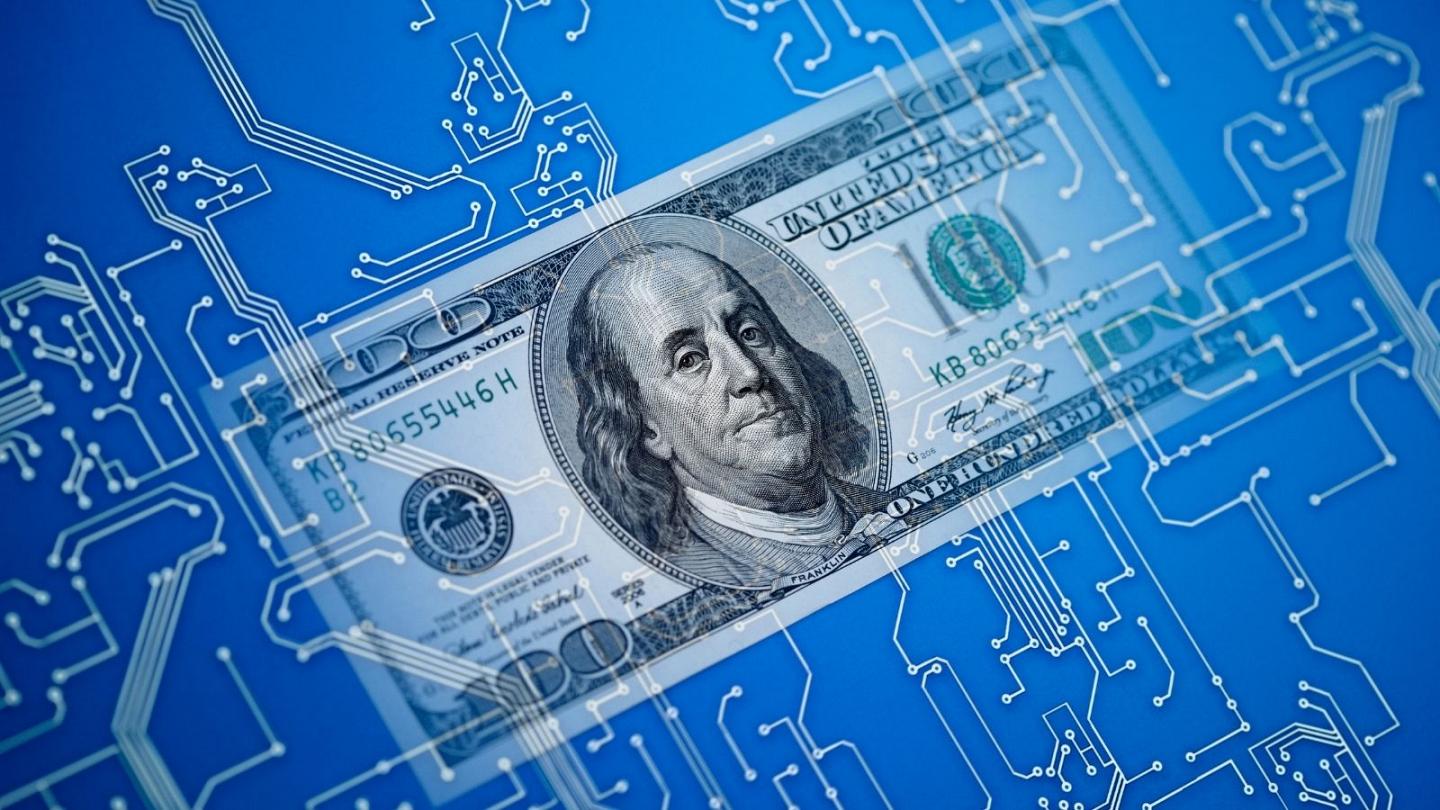
I did a presentation in Helsinki the other day about the importance of owning my data. It made me realise as I prepared for this presentation that we have three data systems, and financial systems, developing. The first is centralised; the second is distributed; and the third is decentralised.
The second and third are similar but different models, as a decentralised financial system has points of control, or nodes, but they are part of the distributed network. Therefore, in discussing this, I am just going to talk about centralised versus decentralised identity, financial and data systems.
What this made me realise, and it is strikingly obvious, is that the two variants – centralised versus decentralised – is the difference between analogue and digital, or physical and digital, if you prefer.
The physical, analogue structures that are centralised are well understood and embedded in society. They have formed over centuries, have national governments at their core and fiat currencies as their modus operandi.
The digital, networked structures that are decentralised are completely misunderstood and are emerging. They are forming right now, have no government but purely networked governance and whatever currency the networked believes in as their value exchange.
This is the clear dystopia of where are today between cryptocurrencies, stablecoins and central bank digital currencies (CBDCs). What’s the utopia?
The utopia is obviously where traditional governmental structures live in harmony with the new networked structures. Can that be achieved? I’m not so sure.
The major challenge is that government structures are created to control behaviours, activities, trade, finance, society and thinking. Many now accept that the networked world, which recognises no borders, no controls and no government, will not live that way.
I’ve always said that you cannot have money without government. In the physical world, that’s obvious. You need governments to issue currencies and back them with regulations. But what does this mean in the networked world? In the networked world, you cannot have money without governance. But who is the governor of the networked world currencies?
The Federal Reserve? The ECB? We, the people? Elon Musk?
The important point here is a dual system is developing. The first is familiar, where we have money managed by government; the second is emerging, where we have money managed by governance. The latter is our new digital world of money, and we are wondering how this can be governed. Specifically, we are wondering how it can be governed in a way that can be trusted.
As cryptocurrencies crash, we can all speculate what the best way to govern will be in the future. It’s obviously not to allow the madness of crowds to run wild but, equally, it is not to allow the state to take over the network. There will be a balance. The reason people love cryptocurrencies is that it allows the power of the people to govern the network. The last thing they want is for a government to control the internet or, rather, a national government.
This is the critical point: you cannot have money without government, but it doesn’t need to be a national government. It doesn’t have to be the Federal Reserve or the ECB. It could be that we, the people, create a globally networked currency that works for the benefit of us.
That’s what is happening in this battle between analogue, physical and centralised versus digital, networked and decentralised.
There are two paths to the future. One is already set and is known – the fiat currency; one is developing, emerging and unknown – the digital currency.
Place your bets on which one wins but, to be honest, we will end up with both. The question then is what is the digital currency?
p.s. if you want more on this, the BIS has just issued a report about the future monetary system https://www.bis.org/publ/arpdf/ar2022e3.htm
Chris M Skinner
Chris Skinner is best known as an independent commentator on the financial markets through his blog, TheFinanser.com, as author of the bestselling book Digital Bank, and Chair of the European networking forum the Financial Services Club. He has been voted one of the most influential people in banking by The Financial Brand (as well as one of the best blogs), a FinTech Titan (Next Bank), one of the Fintech Leaders you need to follow (City AM, Deluxe and Jax Finance), as well as one of the Top 40 most influential people in financial technology by the Wall Street Journal's Financial News. To learn more click here...

